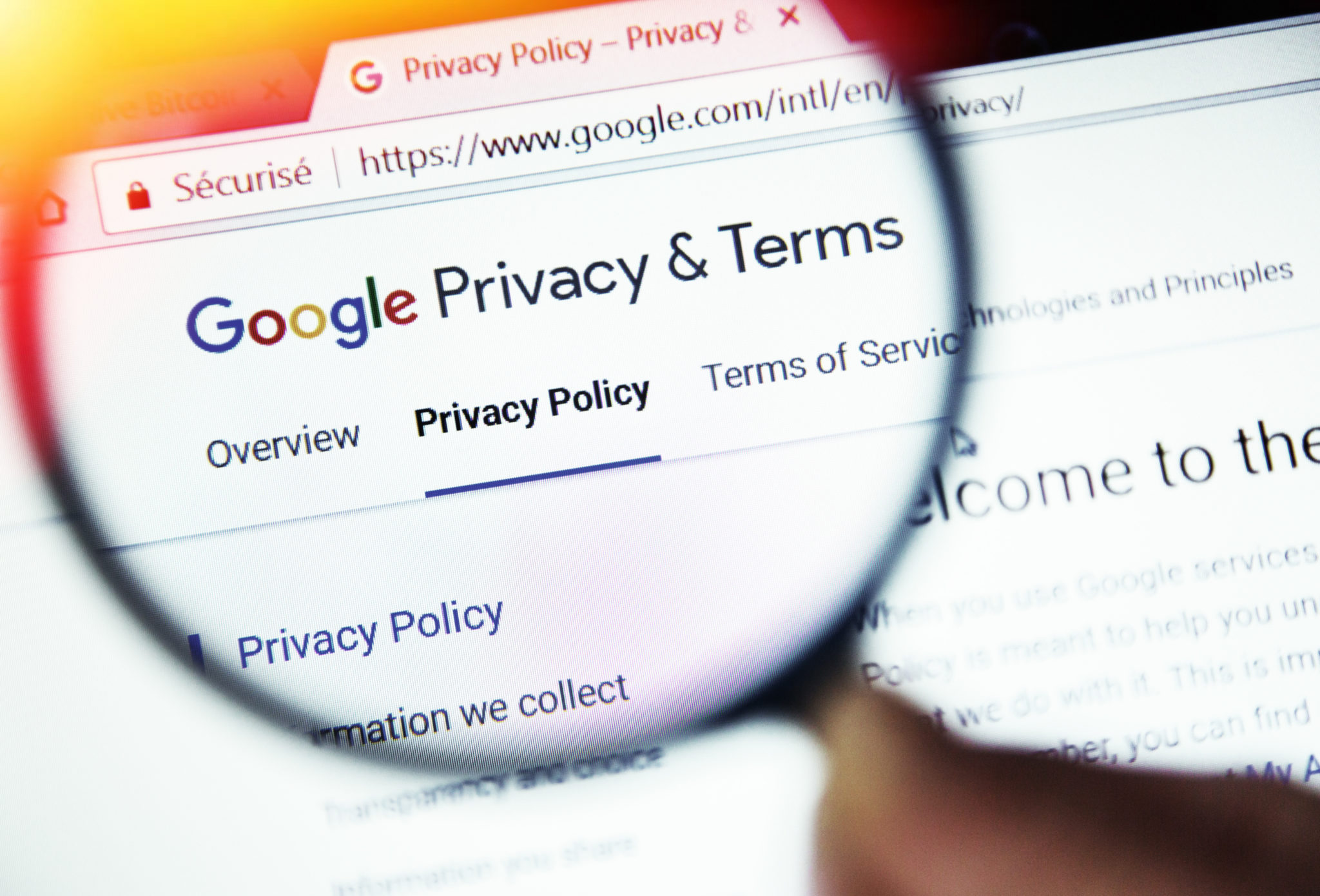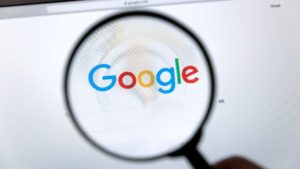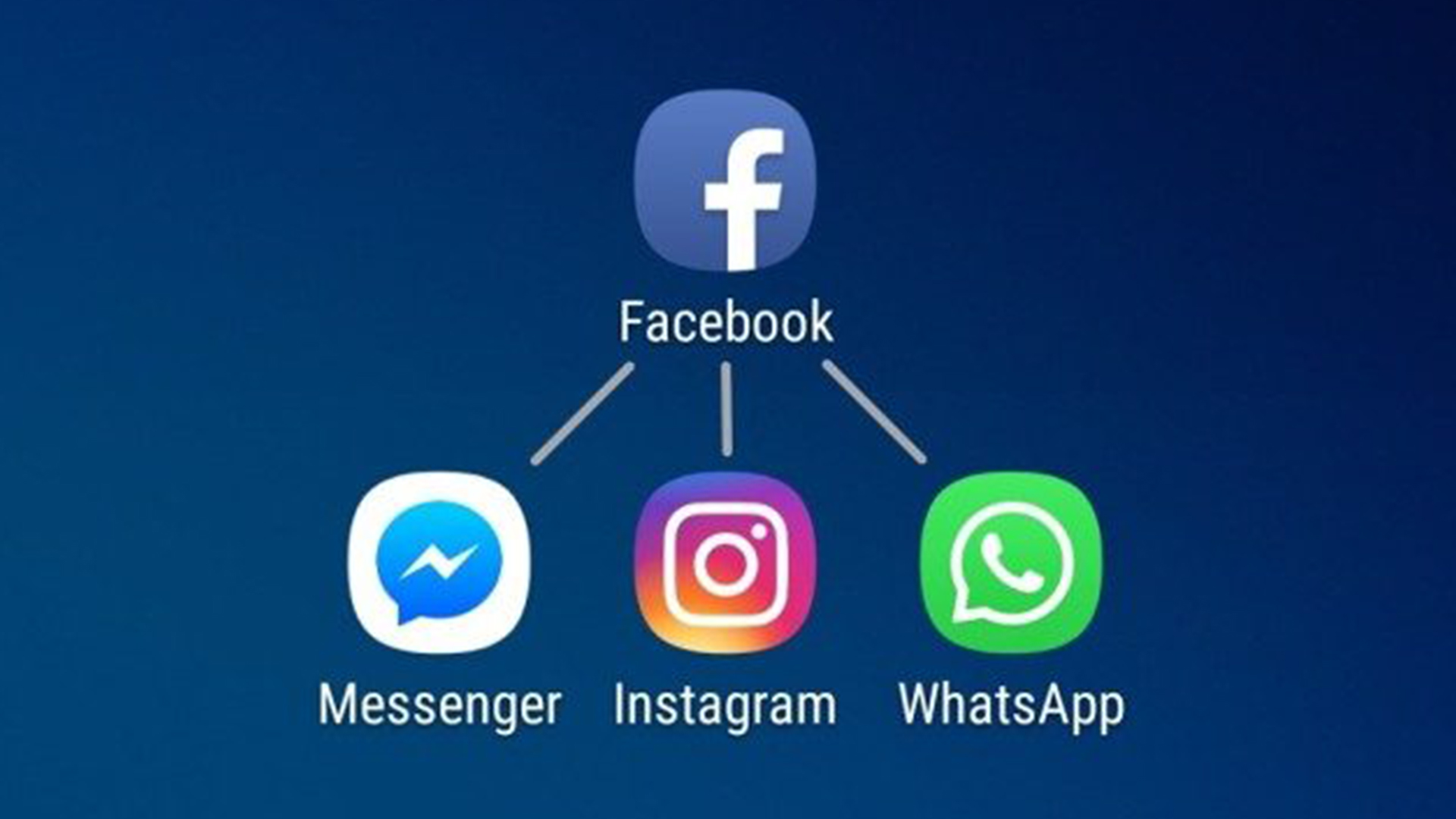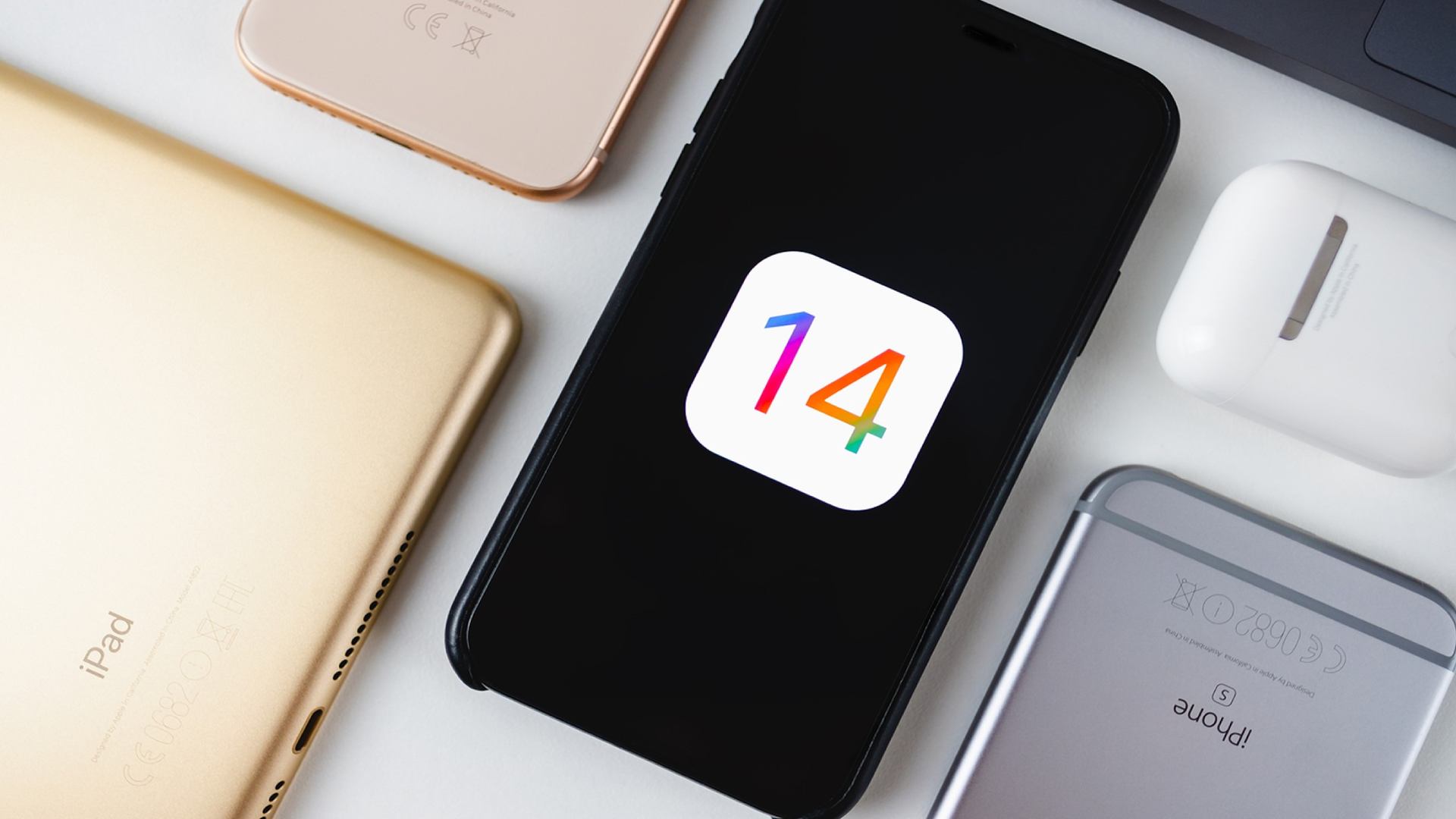
What was once an all-or-nothing approach to data collection for Google’s users is finally getting a little middle ground.
Google has announced that users can now set their profiles to automatically delete location and web-browsing data after a three-month or 18-month period. Previously, Google allowed only for permanent data collection or none at all.
This new profile setting is designed to give users more control over their personal information. The changes give privacy-wary users the chance to limit how much of their information is being archived without entirely opting out of Google’s data collection.
Online privacy is more important than ever
Privacy concerns have been on the rise in recent years. Much of the scepticism and vigilance comes from the rise in virtual assistants like Google Assistant and Amazon Alexa, both of which have the capacity to listen and record user activity. Not to mention the number of scandals related to data breaches and misuse of private information that’s rocked the industry in recent years.
Convincing customers that their privacy is being respected has been a challenge for major tech companies. Last year, Google had to discontinue the Google Plus social media platform after the user data of over half a million users were mistakenly disclosed.
What does Google do with your personal information?
Most people don’t notice or know this: Google spins our personal information and turns it into a more personalised online experience across Google’s products and services. Location information, for example, can be used to tailor “near me” queries that are frequently made on mobile devices. Web & app activity can also help Google estimate a user’s interests and put ads in front of them that they are more likely to engage and appreciate.
Furthermore, Google uses anonymous personal information to provide you with tailored Google Ads for products and services that are most relevant to your interests.
There’s a whole host of other Google features and services that are more streamlined thanks to the data they collect, including:
- Recognising traffic patterns to find faster routes on Google Maps
- Auto-completing your searches
- Providing recommended videos on YouTube that you’re more likely to be interested in
- Auto-completing forms on Google Chrome
Information collection serves as a benefit to businesses and marketers as well, because they spend less money putting online ads in front of people who won’t be interested. If you run a business, it can feel like throwing money onto drywall and hoping that something sticks.
However, this is not to say that the advantages don’t come with disadvantages. The collection of personal information has always been a double-edged sword for Google, as well as other massive digital marketing platforms like Facebook and Amazon. A large portion of users remain sceptical of data collection and worry about the security of their personal information.
Despite that, Google isn’t out collecting blackmail material on the entire world. The Google Safety Centre lays out its Data Transparency policies clearly, and you can even review your own information. Google allows you to manage your ad settings, where you can see what Google thinks you’re interested in. You can also view your location history.
When you use our services, you’re trusting us with your information. We understand this is a big responsibility and work hard to protect your information and put you in control.
– Google’s Privacy Policy
Digital marketing and online privacy are finding common ground
Digital marketers and SEO agencies help businesses target their ideal customers by using the information collected by search engines and social media platforms. However, growing concerns over users’ privacy make clear that this model is not without its obstacles. Google is attempting to find common ground between these competing interests with greater transparency and control over how much personal information is collected and for how long.
Visit the Pure SEO blog for more of the latest Auckland SEO news!

























